For our final act of 2023, here’s the second installment to Best of Books 2023.Here are the other of books that captured our attention over the preceding 12 months. Happy reading–and Happy New Year!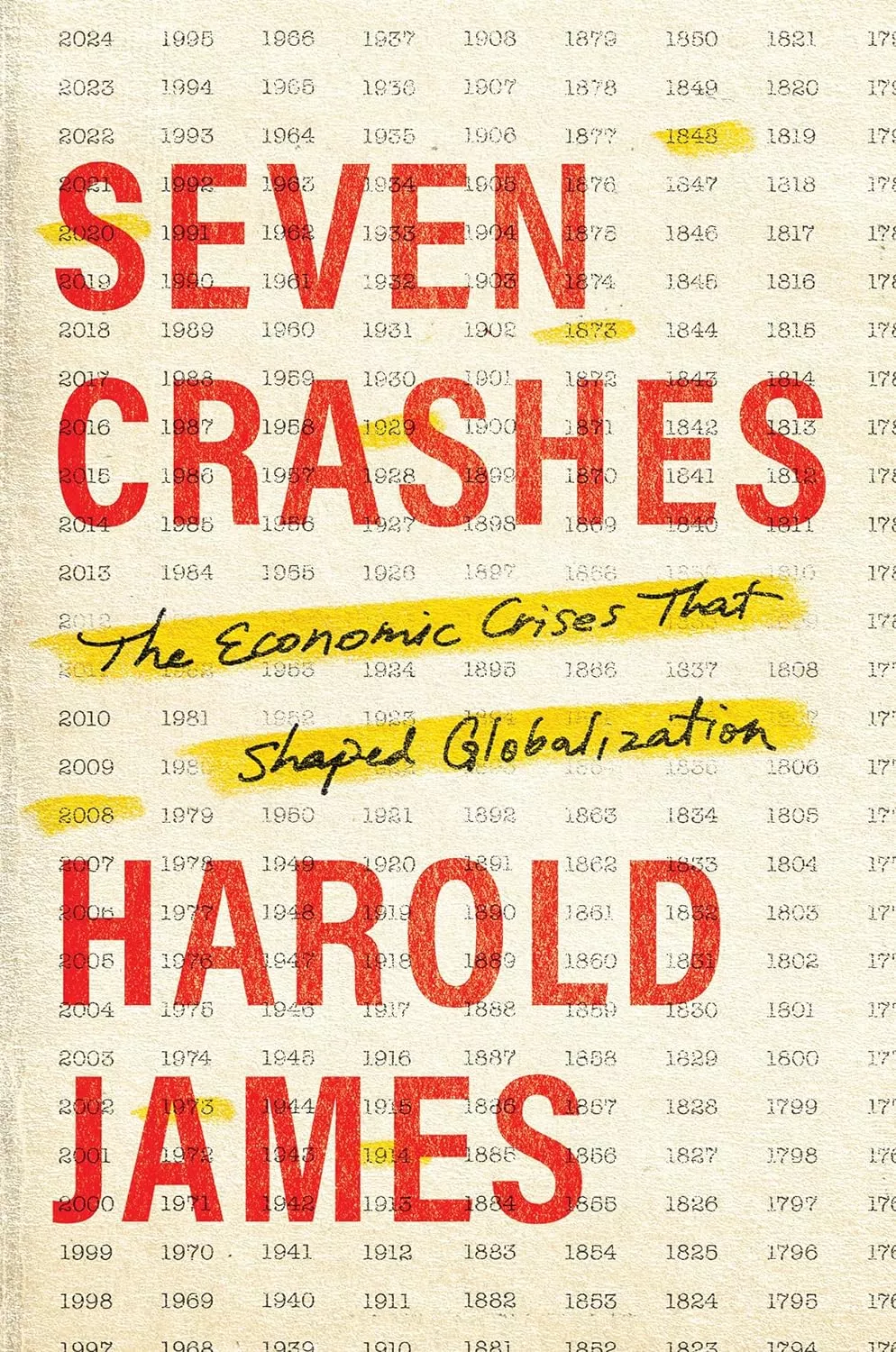
Harold James
via publisher Yale U. Press
The eminent economic historian Harold James presents a new perspective on financial crises, dividing them into “good” crises, which ultimately expand markets and globalization, and “bad” crises, which result in a smaller, less prosperous world. Examining seven turning points in financial history—from the depression of the 1840s through the Great Depression of the 1930s to the Covid-19 crisis—James shows how crashes prompted by a lack of supply, like the oil shortages of the 1970s, lead to greater globalization as markets expand and producers innovate to increase supply. By contrast, crises triggered by a lack of demand—such as the Global Financial Crisis of 2007–2008—result in less globalization as markets contract, austerity measures are imposed, and skepticism of government grows.
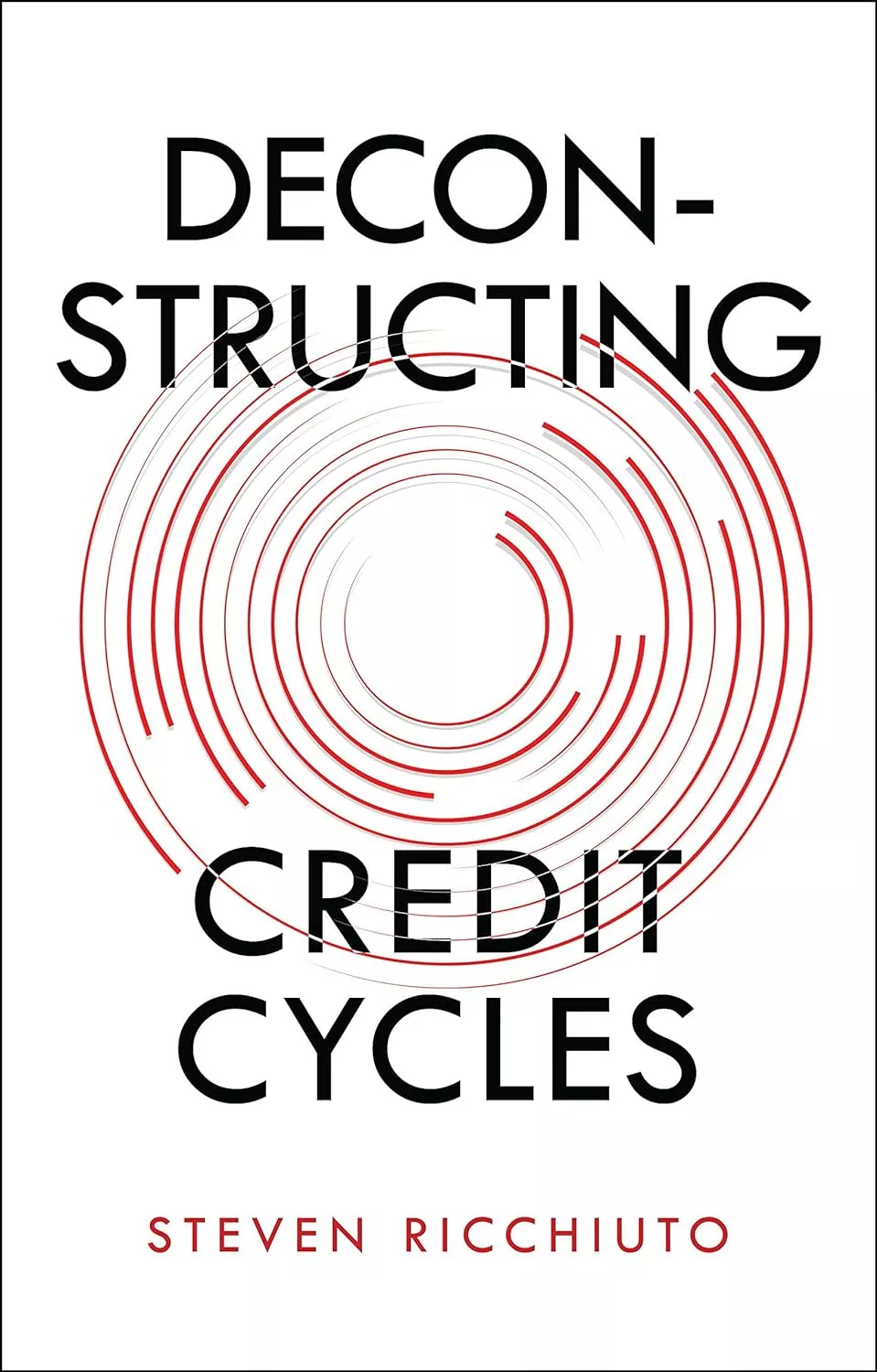
Steven Ricchiuto
with author via Yahoo Finance
Financial markets are being driven by excessive liquidity at a time when both bond and equity markets are expensive, said Steven Ricchiuto, U.S. chief economist at Mizuho Securities USA LLC in New York. “As people come to the realization that the Fed is going to be higher for longer and we don’t yet know what the higher is, even if they pause I still think the next move is a rate hike, not a rate cut,” he said.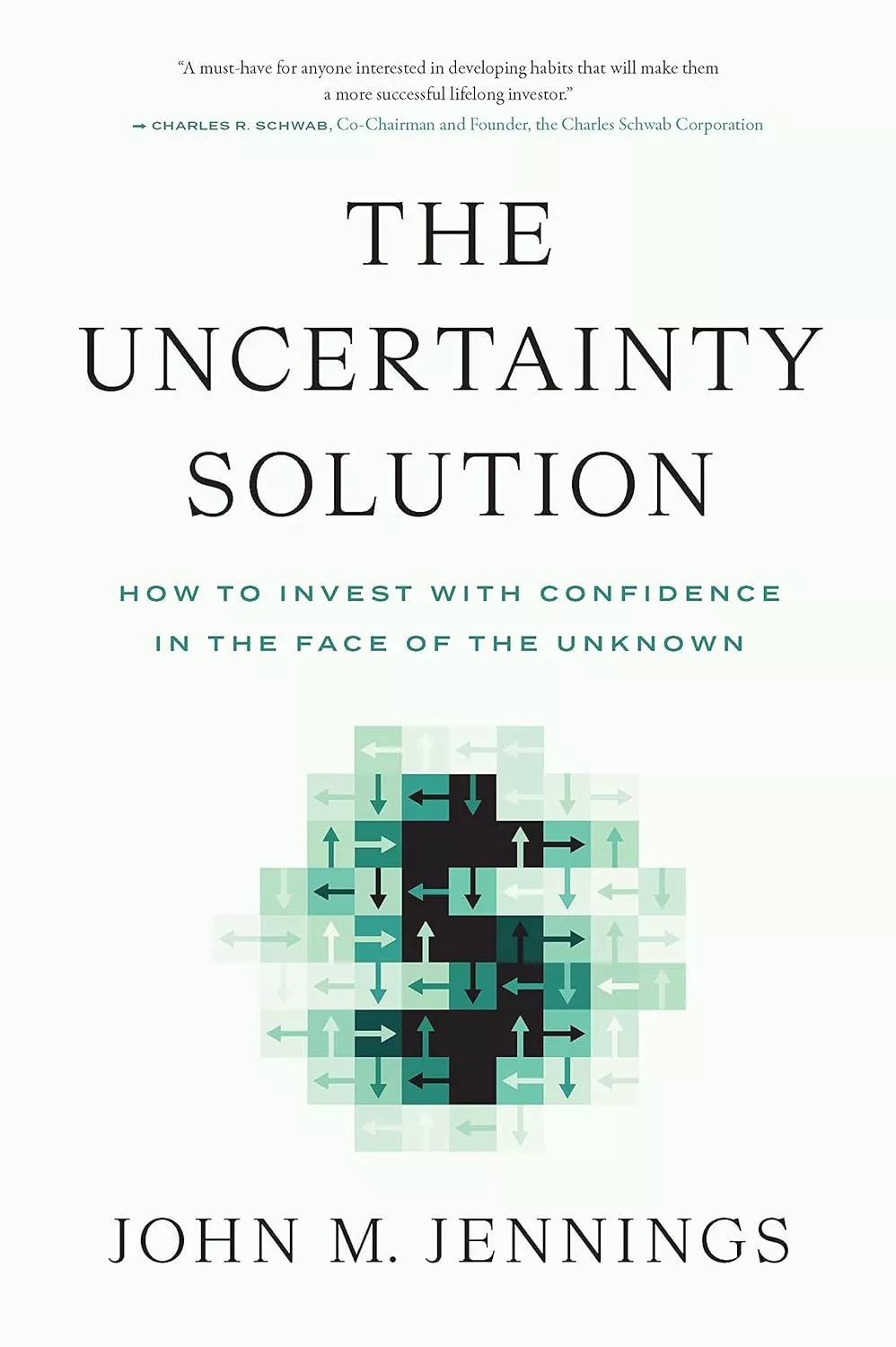
John M. Jennings
via publisher (Greenleaf Book Group)
This is not a typical investment book. It is an experiential guide on cultivating the mindset and behavior necessary to weather inherently uncertain and unpredictable markets. It doesn’t just tell you how to invest but how to think better about investing. Referencing studies on psychology, decision making, and investment behavior, Jennings provides a no-nonsense analysis of the financial markets and a road map to navigating its inevitable twists and turns. Jennings uses mental models to create a latticework of wisdom that will help you evaluate investment advice and learn better behavior in the face of uncertainty. To name a few: ignore expert predictions, be wary of stories, and try to invest like a dead person.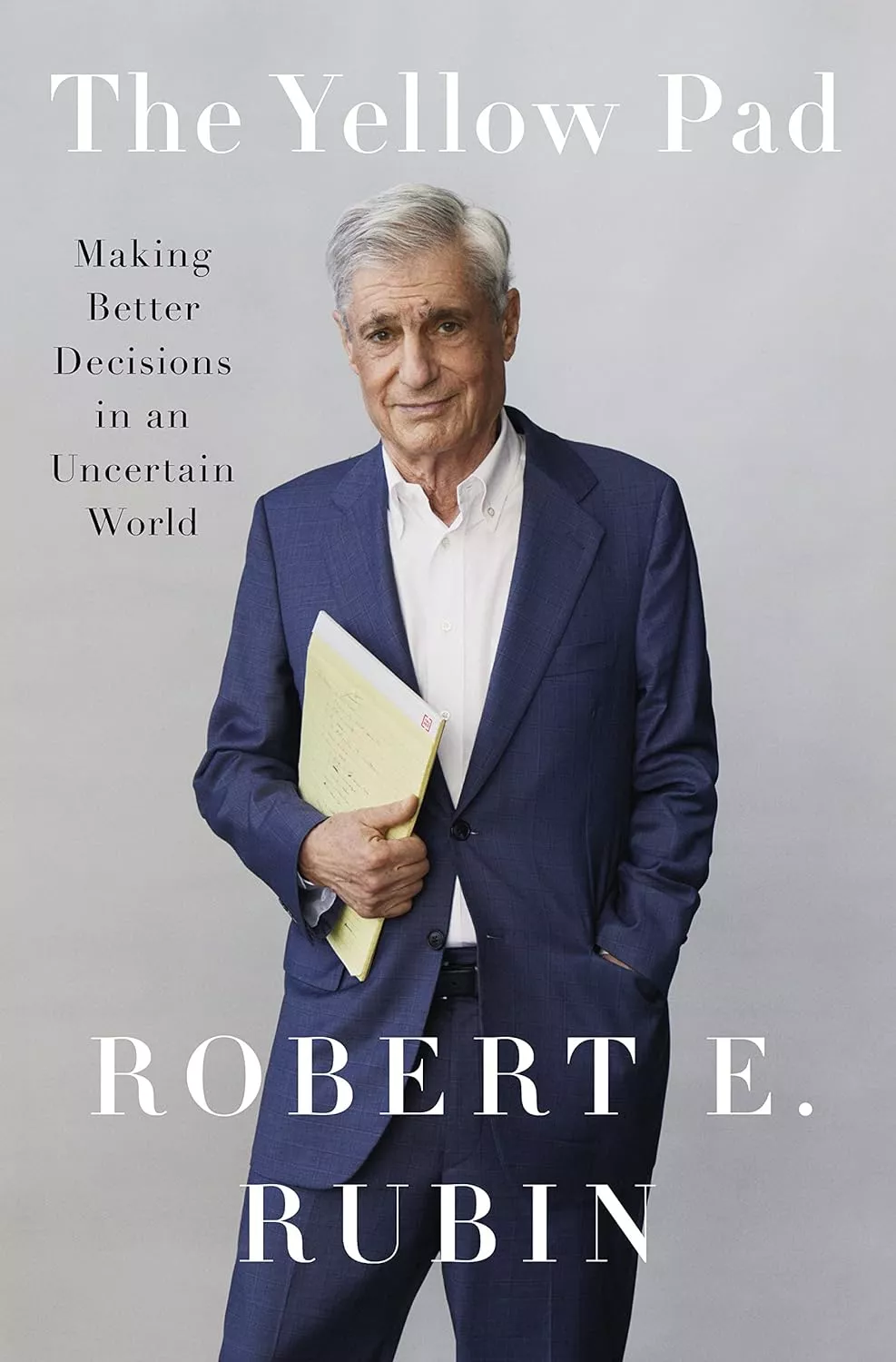
Robert E. Rubin
via The Wall Street Journal
These are uniquely uncertain times, says former Treasury Secretary Robert Rubin. From his office at the Council on Foreign Relations in Manhattan, where he serves as chairman emeritus, he rattles off a list of challenges facing the U.S.: friction with China and Russia, Iran’s pursuit of nuclear weapons, rising economic inequality and the “existential threat” of climate change. As for American politics, he describes it as “about as dysfunctional as it has ever been in my lifetime.”
Even more troubling, Mr. Rubin, 84, suggests that our collective ability to make sound decisions is getting worse.
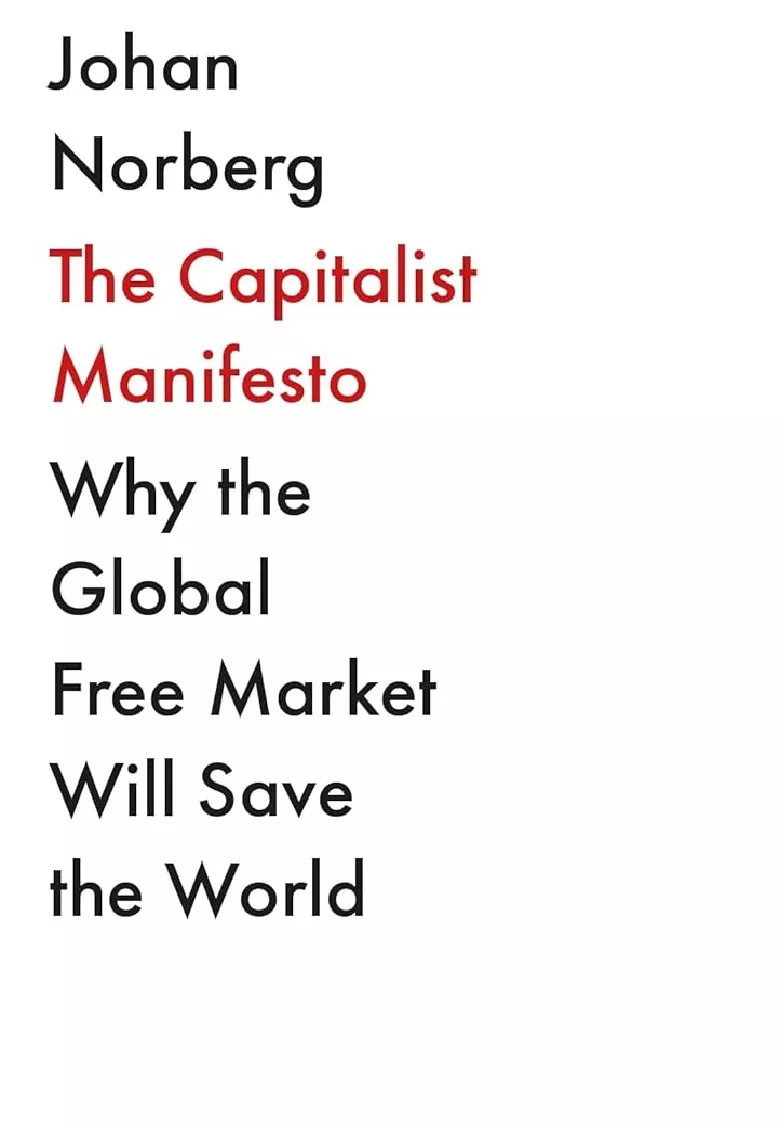
Johan Norberg
via Finanical Times
Central to capitalism, according to Norberg, is its “Socratic wisdom” — or the notion that markets do not presume to know what is best, compared to say an all-powerful government choosing what to produce. In this way, the freedom of buyers to choose products across a competitive marketplace allocates resources more effectively, while profit motivates continual innovation. But Norberg is not solely focused on growth, he articulates how free markets can be a powerful force for justice and anti-discrimination too.
Many of the ills of capitalism, he argues, are due to market distortions introduced by regulation, like immigration restrictions, subsidies and tariffs. Sure, capitalism is certainly not flawless, but as rhetoric over introducing trade barriers, reshoring, and technology restrictions grows ever louder, Norberg’s latest book is a timely reminder of the benefits of free and open trade.More By This Author:

